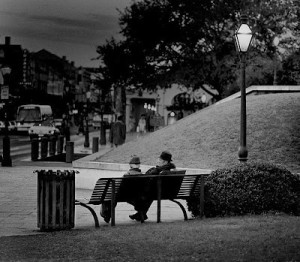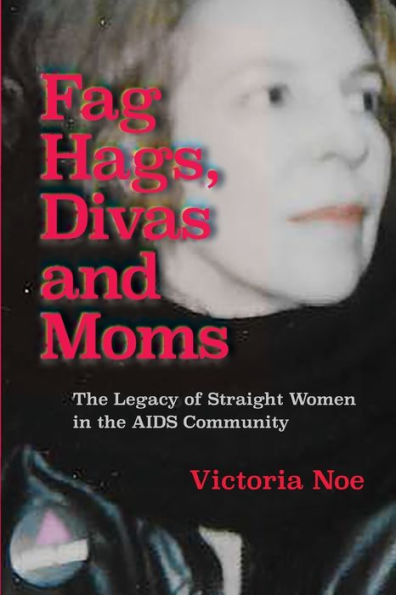Anticipating a Friend's Death
Aug 19, 2015 by Victoria Noe, in anticipatory grief
, bereavement
, friends
, Friendship
, Grief
, grief and guilt
 “Anticipatory grief refers to a grief reaction that occurs before an impending loss.” – Wikipedia
“Anticipatory grief refers to a grief reaction that occurs before an impending loss.” – WikipediaLast week was one of ‘those’ weeks. I don’t know if it was the alignment of the planets, or global warming or what, but I heard an unusual amount of scary news about friends, including:
One of my mom’s oldest friends had kidney surgery.
One of my college friends had heart surgery.
Another friend announced she is starting chemo soon for liver cancer.
As my husband annoyingly reminds me, we’re at that age when the people around us – not just those older – are dying. That doesn’t make me feel better.
In all the examples above, there was reason to be optimistic. By all accounts, the surgeries were successful. The chemo doesn’t start for a few weeks. But still, my mind immediately raced to the worst case scenario.
What if they died?
Notice I said ‘if’, not ‘when’. Funny how we do that, isn’t it? Despite the fact that it’s 100% certain that we’ll die someday, we always seem to regard it as an option. But since we’re not Captain Jack Harkness on Torchwood and Doctor Who, we are, in fact, going to die someday.
So when I heard the news about each friend, I immediately wondered what life would be like without them. One I’ve known my whole life, another since junior year of college. The third one I’ve known for three decades.
When the time comes, I’ll grieve differently for each one, because each relationship is unique.
If a friend is very ill, or facing a life-threatening situation, you have the advantage of time. You can offer help. You can say “I love you”. You have time to get used to the idea of life without them. Sudden deaths don’t give us those advantages.
Perhaps last week was simply a dramatic reminder of the fact that we don’t need to wait until a friend is dying – or dead – to tell them we love them. We can tell them anytime, anyplace. No life crisis required. I already told one of the three; two to go.
Your turn.

